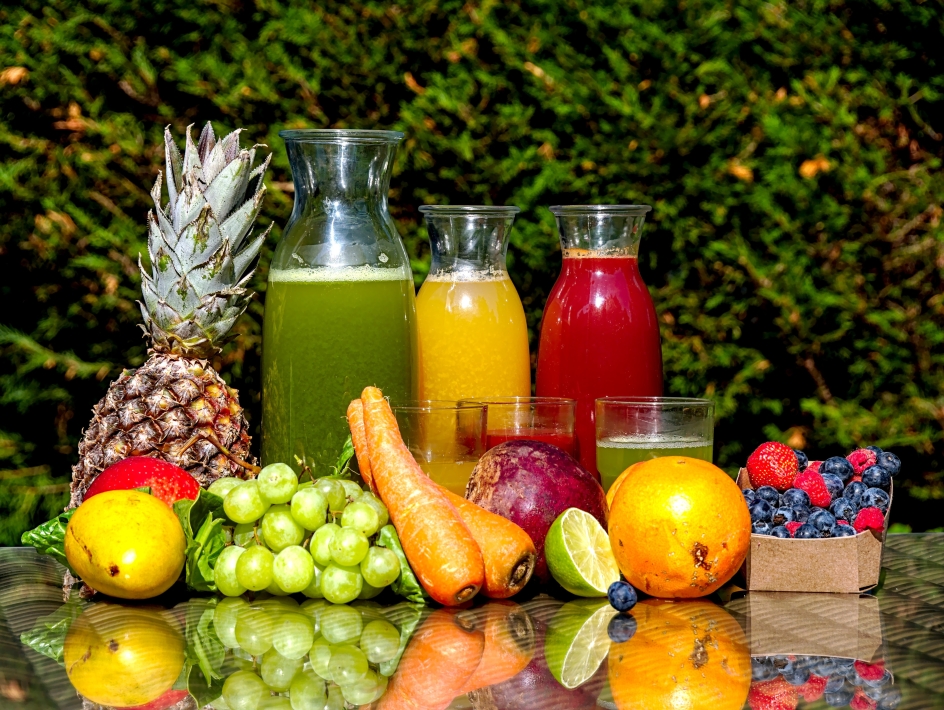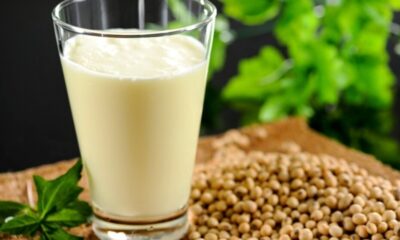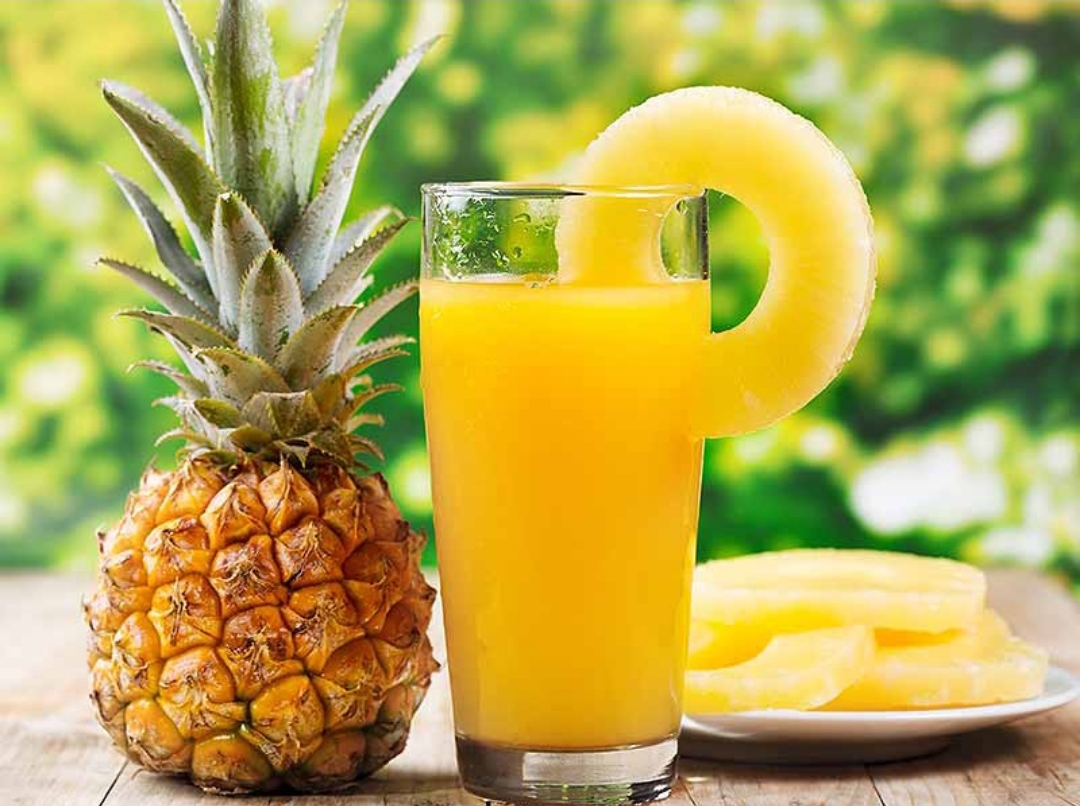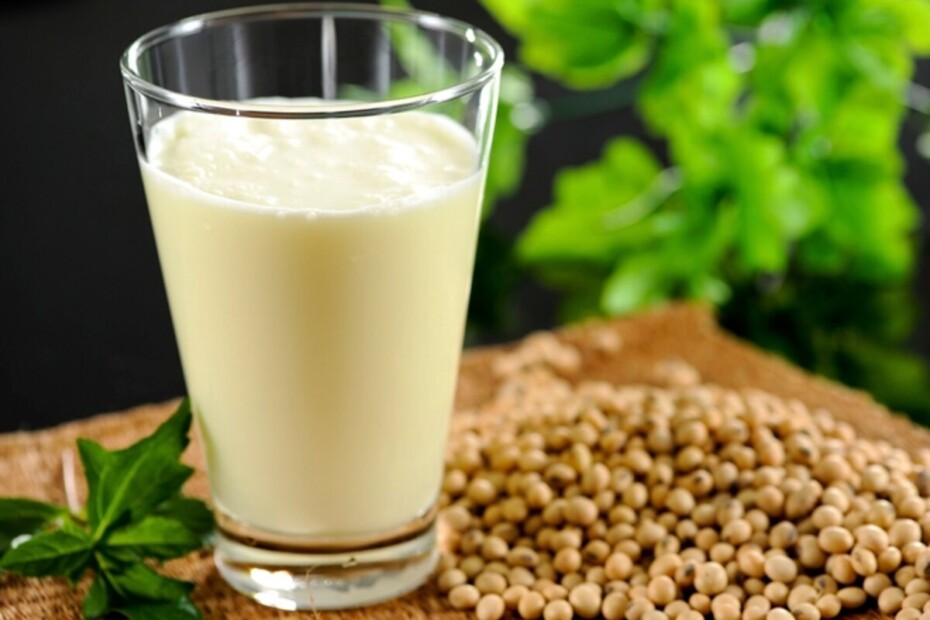Juice cleanses have become a popular trend in the health and wellness community. They involve consuming only fruit and vegetable juices for a set period, usually ranging from one to several days. Proponents claim that juice cleanses can detoxify the body, improve digestion, and promote weight loss.
However, critics argue that they may not be as beneficial as they seem. Understanding the pros and cons of a juice cleanse can help you make an informed decision about whether this practice is right for you.
What is a Juice Cleanse?
A juice cleanse is a type of detox diet where you consume only fresh juices made from fruits and vegetables. These juices are often made from a mix of ingredients like leafy greens, citrus fruits, and root vegetables.
The idea behind a juice cleanse is to flood the body with nutrients while giving the digestive system a break from solid foods. During the cleanse, people typically consume six to eight servings of juice per day, along with plenty of water.

What are the pros of Juice Cleanses?
1. Nutrient boost
One of the most significant benefits of a juice cleanse is the high intake of vitamins, minerals, and antioxidants. Fruits and vegetables are rich in essential nutrients that support overall health.
By consuming only juices, you may increase your intake of these nutrients, especially if your regular diet lacks fruits and vegetables.
2. Improved digestion
Juice cleanses are believed to give your digestive system a break. Since juices are easier to digest than solid foods, your body can focus on other processes like repairing tissues and eliminating toxins. Some people report feeling lighter and less bloated after a juice cleanse.
3. Hydration
A juice cleanse can help you stay hydrated. The high water content in fruits and vegetables, combined with the additional water you drink during the cleanse, can help keep your body well-hydrated.
Proper hydration is essential for maintaining energy levels, supporting skin health, and aiding in detoxification.
4. Potential weight loss
Many people turn to juice cleanses for quick weight loss. Since juice cleanses are typically low in calories, you may lose weight during the cleanse.
This weight loss is often due to a reduction in water weight and the lack of solid food intake. However, this weight loss is usually temporary and may not result in long-term fat loss.
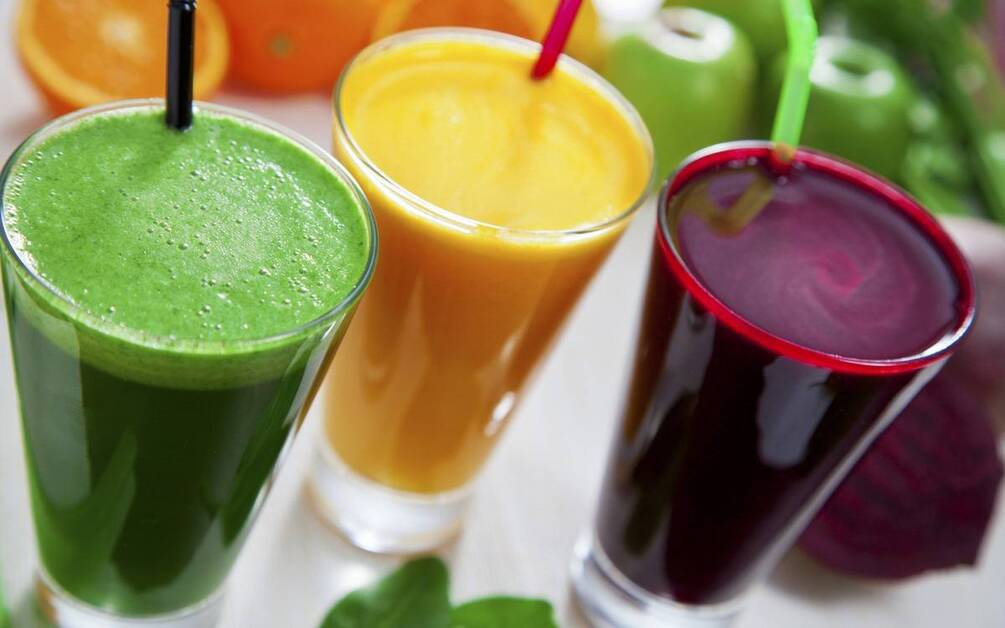
What are the cons of Juice Cleanses?
1. Nutrient deficiency
While juices are rich in certain nutrients, they lack others, such as protein, fibre, and healthy fats. Protein is essential for muscle repair and immune function, while fibre supports digestion and helps regulate blood sugar levels.
Without these nutrients, you may experience fatigue, muscle loss, and digestive issues during and after the cleanse.
2. Blood sugar spikes
Fruit-based juices can be high in natural sugars, which can lead to spikes in blood sugar levels. For individuals with diabetes or insulin resistance, this can be particularly problematic.
Even for those without these conditions, the lack of fibre in juice can cause rapid absorption of sugar into the bloodstream, leading to energy crashes and cravings.
3. Temporary weight loss
While a juice cleanse may lead to short-term weight loss, the results are often temporary. Most of the weight lost during a juice cleanse is water weight, and once you return to your regular eating habits, the weight is likely to return.
Additionally, the restrictive nature of juice cleanses can lead to overeating once the cleanse is over, potentially resulting in weight gain.
4. Lack of energy
Since juice cleanses are typically low in calories and protein, they can leave you feeling fatigued and weak. This lack of energy can make it challenging to maintain your regular daily activities, including exercise. For those with active lifestyles, a juice cleanse may not provide the necessary fuel to support their energy needs.
5. Disrupted metabolism
Some experts believe that prolonged juice cleanses can slow down your metabolism. When your body is deprived of sufficient calories and nutrients, it may enter a state of conservation, burning fewer calories to preserve energy.
This can make it more challenging to lose weight in the long term and may even lead to weight gain after the cleanse.
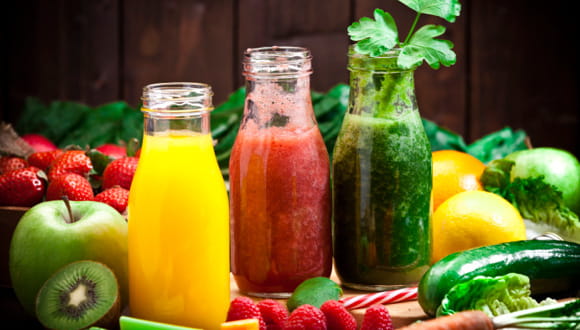
Is a Juice Cleanse Right for You?
Whether a juice cleanse is right for you depends on your health goals, current diet, and overall well-being. If you’re looking to give your digestive system a break and flood your body with nutrients for a short period, a juice cleanse may offer some benefits. However, it’s important to approach it with caution and be mindful of the potential cons.
Before starting a juice cleanse, consider speaking with a healthcare professional, especially if you have any existing health conditions. They can help you determine if a juice cleanse is appropriate for you and offer guidance on how to do it safely.
Conclusively, juice cleanses can provide a temporary boost in nutrients and may help with short-term weight loss and improved digestion. However, they also come with potential risks, including nutrient deficiencies, blood sugar spikes, and a lack of sustained energy.
Understanding the pros and cons of a juice cleanse can help you make an informed decision about whether it aligns with your health goals and lifestyle. As with any diet or wellness trend, you must listen to your body and prioritize long-term, sustainable habits that support overall health.
If you enjoyed reading this article and would like to read more, visit drinks and or health.

 MUSIC3 days ago
MUSIC3 days ago
 NEWS3 days ago
NEWS3 days ago
 FAB FRESH2 days ago
FAB FRESH2 days ago
 BEAUTY3 days ago
BEAUTY3 days ago
 MOVIES3 days ago
MOVIES3 days ago
 ENTERTAINMENT3 days ago
ENTERTAINMENT3 days ago
 SPORTS3 days ago
SPORTS3 days ago
 ENTERTAINMENT3 days ago
ENTERTAINMENT3 days ago

